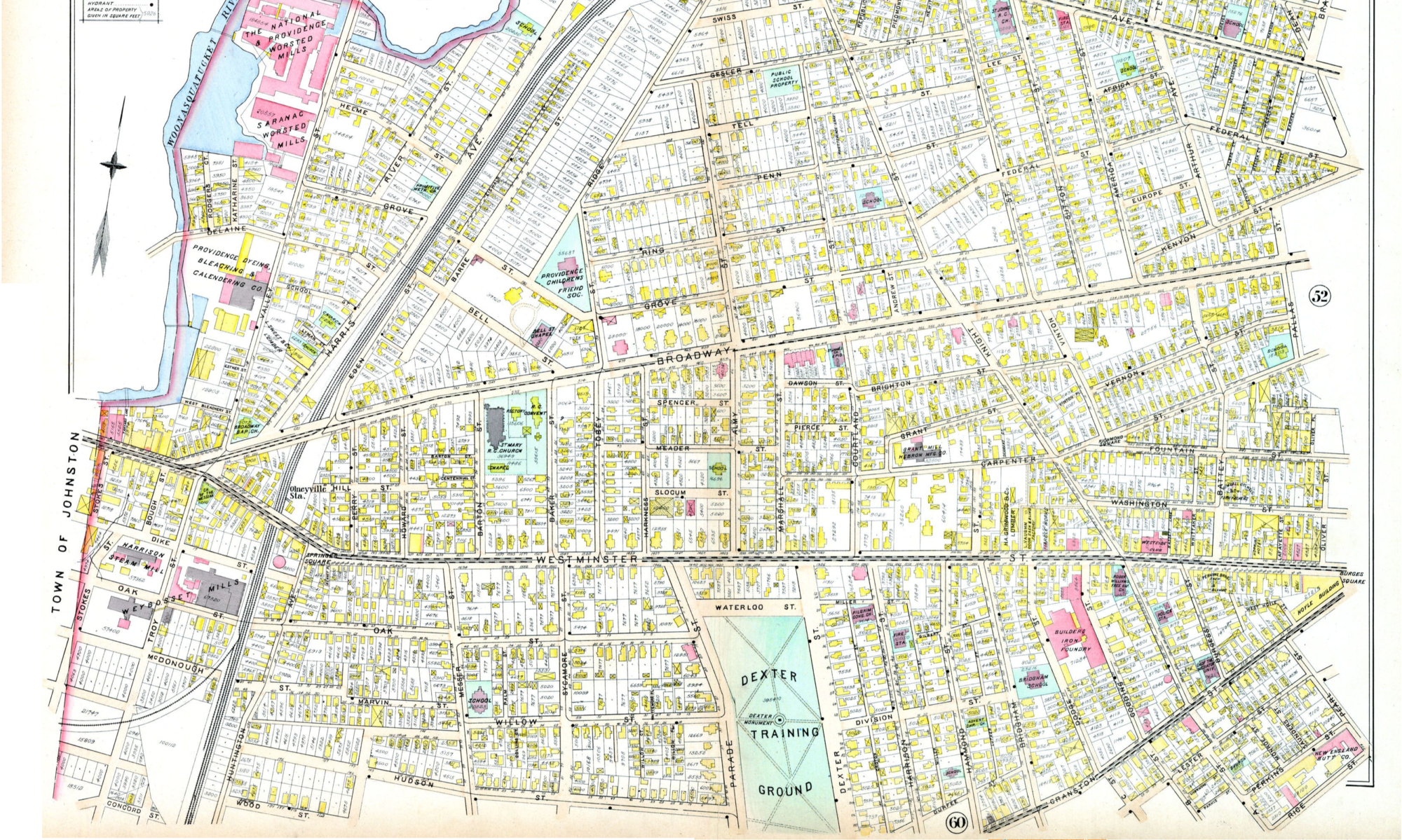This is the first installment in a series of posts about ideas I have. I would love to do them myself, and may, but you could take them and run with them as well. They will be ideas about all sorts of different things, mostly about how we can provide inexpensive health & happiness for the most people. Today there are three ideas.
- Last night I watched a documentary episode at the Amherst Cinema called Unnatural Causes: Place Matters, about the effects of our surroundings on our health. Specifically, the film addressed how poor neighborhoods create reinforcing conditions for bad health in their residents. It was fantastic, and just one part of a longer series. There are many awesome documentaries like this, on all sorts of topics. I would love to host regular screenings of films like these, either in my home or in a larger venue like a local cinema when they’re not showing their normal films. There are honestly enough good documentary films to show practically every night, because it’s fine to show films more than once. Screenings could be free, cheap, or donation-supported. Costs might include rent of the space, rights for the films, and any refreshments (I like the idea of water or tea as refreshments). I might try to start something like this in Boston. You should start something like this where you are!
- One of the best ways to solve community issues is to bring all the community stakeholders together to work through things. This is a method used for all sorts of problems, but I’m most familiar with it in comprehensive planning projects. One difficulty is that it’s hard bringing everyone together physically due to differences in schedules. Surely there are electronic tools available to mitigate this issue. I hope to learn more about what some of those tools are. It’s vital all stakeholders participate in solution-building for such initiatives to work. Another related thought I had during the film was to simply ask people a small number of questions in a survey, such as “What sucks in your community or workplace (or school)?” and “What used to suck, but is now better?” I believe asking people to list two or three issues for each of those questions can provide valuable insight into problems they’re facing, and you can’t fix problems if you aren’t aware of them. Also, including the second, more positive question helps get people thinking hopefully about the progress that’s possible on their community’s problems.
- It’s lots of fun having friends over for dinner and talking about interesting things. I think I would like to institute a regular practice of that once I have my own home, inviting over a different one or two people almost every night, and having interesting discussions over supper. Such practices would strengthen social bonds, stimulate thought, and be an excellent networking opportunity for those invited. One challenge to such persistent social interaction, though, is becoming exhausted by it. Perhaps we could resolve that by having a firm time limit after several hours, after which we would end the discussion and send everyone home to rest and have creative thoughts on their own. I’m interested to give this a try, and if you do something similar, I’m interested to hear how the logistics of it work in your case.
That’s it for today! These posts apparently will run longer than the average post. Hope you find them interesting enough that the length isn’t an issue.


Read “The Great Good Place”– much of what you speak of was a natural byproduct of having strong geographically centered communities (A town you grew up and grew old in) with communal spaces and activities. Those things don’t really exist as much anymore, so folks like us are having to spend a lot more time “community building”, because natural and easy formation of stable and functioning communities is no longer built into our culture… it takes a lot more effort nowadays…